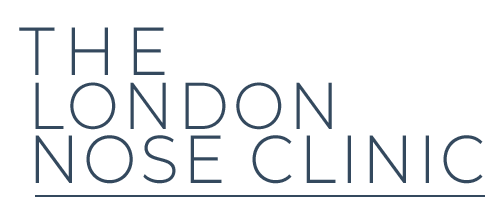WEAKENED, LOST OR DISTORTED SENSE OF SMELL AFTER A SEVERE ‘COLD’, INFLUENZA OR COVID-19.
A weakened, lost or distorted sense of smell can also be caused by degeneration of the sensitive cells for the reception of smell in the nose after a severe ‘cold’, influenza or COVID-19.
Since the onset of the current pandemic, our consultant team have worked hard to contribute to our knowledge of this phenomenon. We published the first case series on healthcare workers in the UK and demonstrated a high incidence of self-reported anosmia amongst healthcare workers across different healthcare systems in the UK, which highlighted the need to address the long-term effects of these symptoms.
Crucially, this work identified that females, particularly those above forty years of age, and those with concurrent distorted perception of smell (parosmia), were more likely to experience persistent smell loss.
Based on the above, we have run one of the largest prospective multi-institutional clinical studies on Covid-19 associated anosmia in the UK, investigating the course of symptoms over one-year (COVANOS UK study). In brief, this study demonstrated that 70% of those, who experience smell problems due to Covid-19 infection, spontaneously recover within the first month.
However, the remaining 30% of participants continue to experience some degree of olfactory loss even after this time-point. Importantly, 60% of our participants who had objective smell loss at enrolment saw no improvement in their sense of smell at the one-year follow-up, implying that spontaneous recovery is more unlikely to occur if olfactory dysfunction persists beyond one month at the outset.
Ultimately, we confirm that, even though many will spontaneously recover their sense of smell shortly after onset, there is a significant proportion of individuals who will suffer long-term olfactory dysfunction, as seen at our one-year follow-up, with a high prevalence of continued objective olfactory loss and symptoms of a distorted sense of smell.
More recently, we have conducted a prevalence surveys in a representative sample (gender-matched and age-matched) of the UK (n=1,160) population. In the UK, the observed rates of persistent smell loss (beyond 12 months) and distorted were 1.0% and 0.9%, respectively, which is equivalent to 695,331 (95% CI: 398,416 – 1.2 million) and 637,386 (95% CI: 356,454 – 1.1 million) affected individuals, demonstrating the immense burden of long-term smell dysfunction due to COVID-19 (published in the journal Rhinology). We seeing affected patients both in the NHS and privately, are working with the charity Fifth Sense and are actively involved in ongoing research on this topic.
We offer comprehensive assessment and management of a weakened, lost or distorted sense of smell.

